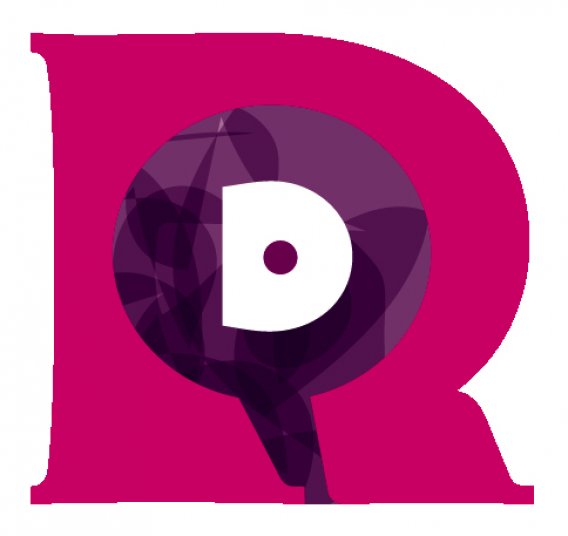Raising Awareness of Indigenous Artistic Realities (introduction) – Repaire
Training offered in French only
This training course, in the form of a formal presentation and simulation exercises, is aimed at building bridges between Indigenous and non-Indigenous peoples. Guided exchanges and discussions will serve to identify various contemporary challenges and issues, and more specifically those that affect the artistic community. Participants will have the opportunity to make connections between elements of Indigenous history in Quebec and their own interactions with members of these communities, and to receive feedback on their experiences and answers to their questions.
This training is geared specifically to artists, cultural workers and Indigenous people from the Island of Montreal who wish to interact and create bridges with Indigenous artists.
Learning Goals
Through this workshop, participants will be encouraged to make connections between Indigenous history in Quebec and their own interactions with members of these communities. They will also receive feedback on their experiences and answers to their questions. The learning methodology will combine formal lectures with practical exercises, case studies, and situational exercises.
By the end of the training, participants will know how to avoid certain pitfalls of cultural appropriation and will be able to carry out a collaborative art project with Indigenous artists and organizations.
Horaire exact
- Partie I : samedi, 23 octobre 2021, de 10h00 à 12h00 et de 13h00 à 15h00
- Partie II : dimanche, 24 octobre 2021, de 10h00 à 12h00 et de 13h00 à 15h00
A few places are reserved for RQD members.
Repaire form (French only)
Questions?
Please contact Maude Thibault Morin
514 817-9155
formation@repaire.art
Training provided by:
Mikana is a Montreal-based Indigenous organization founded in 2015. Its mission is to raise awareness of Indigenous realities among various segments of the public. This initiative is the result of a reflection aimed at taking concrete steps to counter racism and discrimination towards Indigenous Peoples.
Kahsennoktha is a member of the Kanieke’há: ka Nation (Mohawk Nation). She lives in Kanehsatake, where she defends her people’s inherent territorial rights. Kahsennoktha completed her studies in mental health support and personal/relational development. She stands in solidarity with youth working to restore and reaffirm their ties to their culture, language, traditions and territory. With her experience in the social field and healing, she has developed knowledge and competencies in support of her commitment to and passion for real change.
Elisa Cohen-Bucher grew up in Tiohtiáke (Montreal), on the unceded territory of the Kanien’kehá : ka Nation, a traditional gathering place for several First Nations. She graduated from Concordia University’s Human Environment program with a specialization in climate change and Indigenous knowledge, and she is currently completing a master’s degree in social geography at the Université de Montréal. Her research is aimed at improving the health and well-being of the Naskapi, Innu and non-Indigenous populations of Northern Quebec, with an emphasis on the role played by dogs. In the past two years, Elisa Cohen-Bucher has worked for Mikana, where she presents workshops on Indigenous realities.
This training is offered by the Regroupement de pairs des arts indépendants de recherche et d’expérimentation (Repaire), in collaboration with the Regroupement des centres d’artistes autogérés du Québec (RCAAQ), the Regroupement du conte au Québec (RCQ), the Centre des auteurs dramatiques (CEAD), En Piste Regroupement national des arts du cirque, Illustration Québec, and the Regroupement québécois de la danse (RQD). It is made possible thanks to financial support from the government of Quebec and Compétence Culture, the Sectoral Workforce Committee responsible for Culture.



